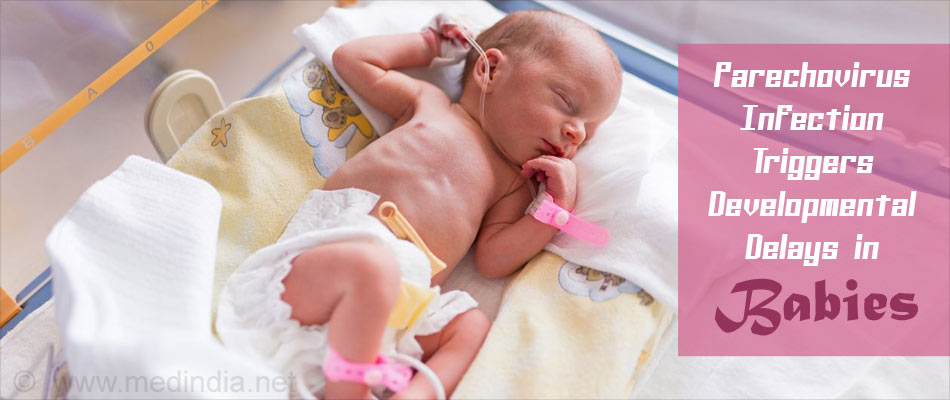
- In recent years, outbreaks of parechoviral infection were noted in babies in Australia
- Around half the babies developed developmental problems after a year of follow up
- Regular checkups are necessary in the growing years of babies affected with the virus
Therefore, as a protection for babies from the virus, people in Australia with a respiratory infection should avoid coming in contact with small babies as far as possible. The infection often occurs as outbreaks and currently does not have a vaccine, which makes preventive measures all the more necessary.
A study now indicates that around half the babies that had been affected by the viral infection after birth in 2013 and 2014 showed developmental delays in functions like speaking and problem solving, which were noted around a year later. This indicates that the infection may have affected the brain. The study reiterates the necessity of following up babies who were affected by the viral infection during their growing-up ages, even after they have appeared to be completely recovered from the infection.
The Zika virus was recently in the news for its ability to cause neurological problems in newborn babies whose mothers were affected during pregnancy. This study again highlights the fact that flu-like illnesses in pregnancy and small babies should not be neglected.
Several babies were also affected by the parechovirus in 2015, who will have to be followed as they grow up to check for neurological developmental problems. Also to note, not all infected babies have developmental problems and the long-term consequences are yet to be established.
- http://www.health.nsw.gov.au/Infectious/factsheets/Pages/parechovirus.aspx









